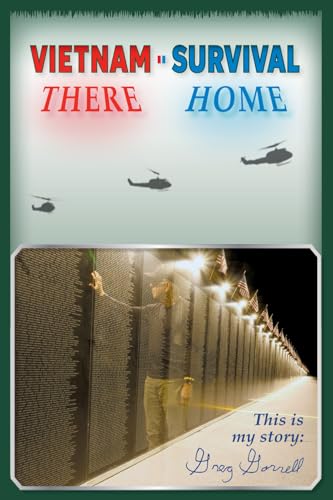
We Walked Right Into It
by Terry L. Nau
"Pennsbury High and the Vietnam War"
Popularity
3.8 / 5
* A book's popularity is determined by how it compares to all other books on this website.
Where to buy?
Buy from Amazon* If you buy this book through the link above, we may receive a small commission at no extra cost to you.
We Walked Right Into It by Terry L. Nau
Details
War:
Vietnam War
Perspective:
Civilian
True Story:
Yes
Biography:
No
Region:
North America
Page Count:
256
Published Date:
2015
ISBN13:
9781505881134
Description
Main Themes and Topics
We Walked Right Into It by Terry L. Nau explores the profound impact of the Vietnam War on a suburban Philadelphia high school community. The book poignantly captures themes of loss, sacrifice, and the enduring scars of war. Through the narrative of fallen soldiers and surviving veterans, Nau delves into the personal and communal grief experienced by those left behind. The book addresses themes such as the true cost of war, the psychological and physical toll on veterans, and the divisive nature of the Vietnam War in American society. Additionally, it highlights the community's resilience and the enduring sense of pride among veterans, despite returning to an unwelcoming home front.
Writing Style and Tone
Terry L. Nau adopts a compassionate and empathetic tone throughout We Walked Right Into It. His writing is deeply humanizing, giving voice to a high school community profoundly affected by the Vietnam War. Nau's style is detailed and evocative, effectively conveying the emotional depth of the soldiers' stories and their families' pain. The use of interviews with family members, friends, and surviving veterans adds authenticity to the narrative, allowing readers to connect with the individuals behind the statistics of war. The book strikes a balance between historical recounting and personal storytelling, making it accessible yet profoundly moving.
Brief Summary
We Walked Right Into It unveils the harrowing impact of the Vietnam War on Pennsbury High School and its community in suburban Philadelphia. Beginning with the story of Lt. Joseph Yatsko, whose letter for Christmas goodwill starkly contrasts his tragic death, the book chronicles the loss of 15 former students in the conflict. By intertwining personal interviews with surviving veterans and bereaved families, Nau reveals the war's enduring legacy on those who fought and those who mourned. The book provides a microcosmic view of the Vietnam War's divisive and haunting presence in American history, offering an emotional yet insightful portrait of a community forever changed.









